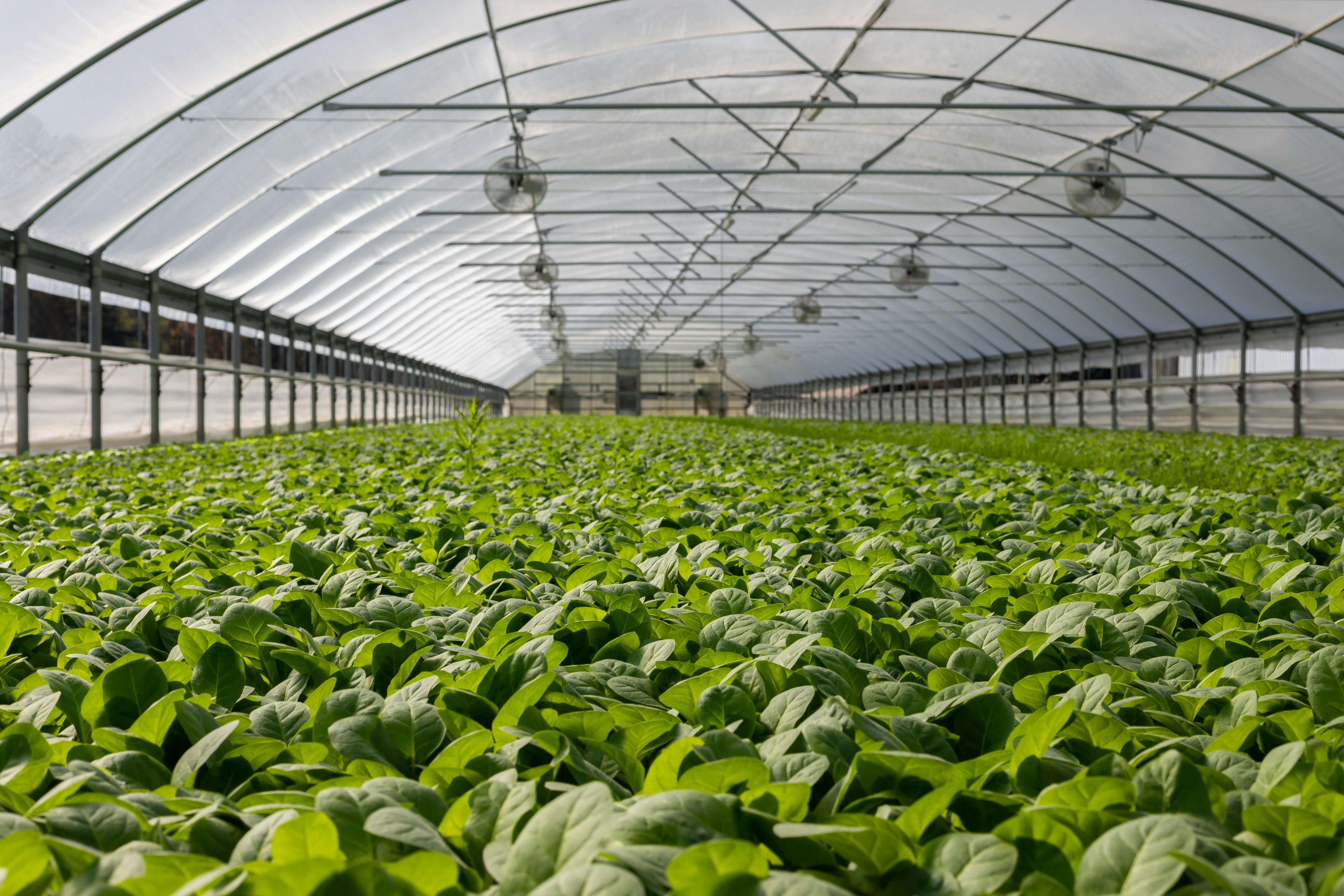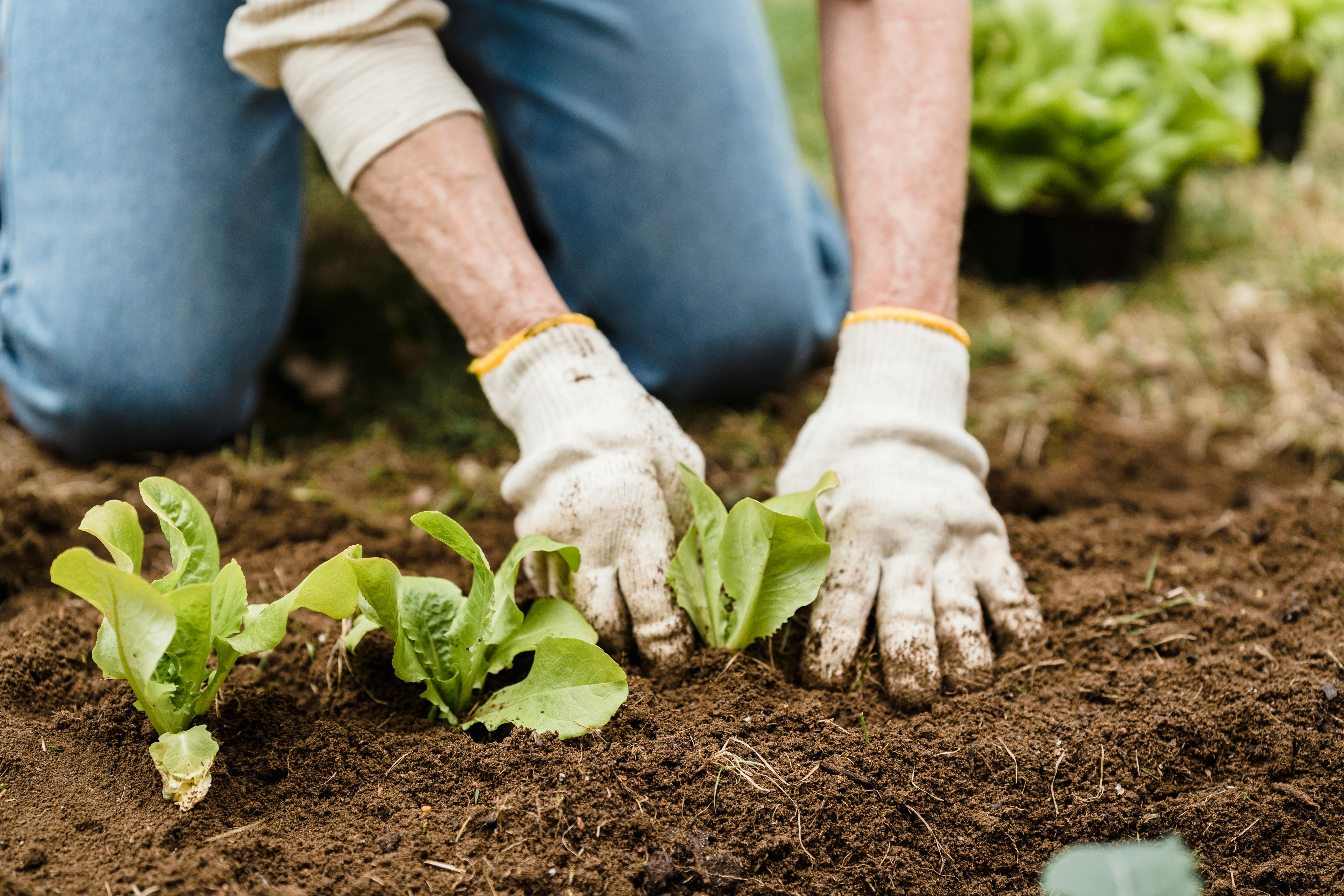Growing a vegetable garden can be an incredibly rewarding experience. Not only is it fun to take part in the entire process, from planting to harvesting, but you also get to enjoy the fruits of your labor by eating fresh, home-grown vegetables. With some preparation and maintenance, you can have a successful and bountiful vegetable garden in no time. In this guide, you will learn how to make your vegetable garden grow.Preparing the soil for a vegetable garden is essential for growing healthy, productive vegetables. Before planting, it’s important to test the soil’s pH and nutrient levels to determine what amendments need to be added. It is also important to break up large clumps of dirt and remove any debris, such as rocks or sticks. Once the soil is ready, add organic matter such as compost or manure to improve drainage and add nutrients. Work the amendments into the soil with a shovel or spade before planting. Finally, ensure that the soil is evenly moist by adding water if needed. Following these steps will help ensure that your
Select Vegetables for your Garden
Selecting vegetables for your garden can be a daunting task. With so many varieties available, it can be difficult to decide which ones to plant. However, with a little knowledge and planning, you can create a garden full of delicious, nutritious vegetables that will provide your family with healthy meals.
When selecting vegetables for your garden, consider the type of climate you live in and whether the vegetable will thrive in it. Some vegetables do better in certain climates than others, so it’s important to research the type of climate each
Placing Vegetables in Sunlight
Growing vegetables requires a lot of care and attention. To ensure that vegetables grow well, it is important to provide them with the right environment and the right amount of sunlight. Sunlight is essential for photosynthesis, a process by which plants convert energy from the sun into usable energy for growth. Therefore, placing vegetables in an area that receives direct sunlight is one of the most important steps in ensuring that they thrive.
When placing vegetables in direct sunlight, it is important to make sure that they receive enough light but not too much
Water the Vegetable Garden
Watering your vegetable garden is essential in keeping your plants healthy and producing a good harvest. Without proper care, vegetables may become stressed, which can result in poor yields. It is important to choose the right type of watering system for your garden and to adjust the frequency and amount of water based on the needs of your plants.
The type of watering system you choose should be based on the size and complexity of your garden. For small gardens, a simple hose or watering can may suffice. For larger gardens, an automated irrigation system may
https://images.pexels.com/photos/2886937/pexels-photo-2886937.jpeg
Adding Fertilizer to Your Garden
Fertilizer is an important part of any garden and should be used regularly to ensure healthy, vibrant plants. Adding fertilizer to your garden can give it the extra boost of nutrients it needs to thrive, while also providing important protection against disease and pests. Here are some tips for adding fertilizer to your garden:
Choose the Right Fertilizer: Different plants require different types of fertilizers, so it’s important to select the right one for your particular

Controlling Weeds in Your Vegetable Garden
Weeds are a common problem in vegetable gardens, and can be difficult to manage. While some weeds may be easy to pull out by hand, others may require more specialized methods. Fortunately, there are several strategies you can use to control weeds in your vegetable garden.
One of the best ways to prevent weeds from taking over your garden is by using mulch. Organic mulches such as straw, wood chips or leaves can help smother existing weeds and prevent new ones from
Pest Control for the Vegetable Garden
Pests can be a major problem in the vegetable garden, particularly if they are not controlled properly. In order to keep pests at bay, it is important to understand the types of pests that may be present in your garden and then take appropriate measures to control them. The most common pests that plague vegetable gardens are aphids, caterpillars, beetles, mites, and slugs.
Aphids are small insects that feed on plant sap and can cause stunted growth, wilting
Mulch Around Plants for Nutrient Retention
Mulching is a great way to help retain essential nutrients in your garden. It helps to keep moisture levels in the soil consistent and can help protect plants from extreme weather conditions. Mulch is any material, such as bark, straw, or compost, that is spread around plants. It helps to maintain consistent soil temperatures and prevents the loss of moisture through evaporation. Additionally, mulching around plants helps to prevent weeds from taking over your garden by blocking out light and making it more difficult for weed seeds

Conclusion
Growing a vegetable garden is a rewarding and enjoyable experience. With the right tools and knowledge, you can have a thriving vegetable garden in no time. It is important to select the right variety of vegetables for your climate and soil conditions, as well as providing adequate water, nutrients, and sunlight. Additionally, it is essential to practice proper weeding and pest control methods to ensure your plants are healthy and free from disease. With patience and dedication, you will soon be able to reap the rewards of your hard work in the form of delicious homegrown vegetables!
